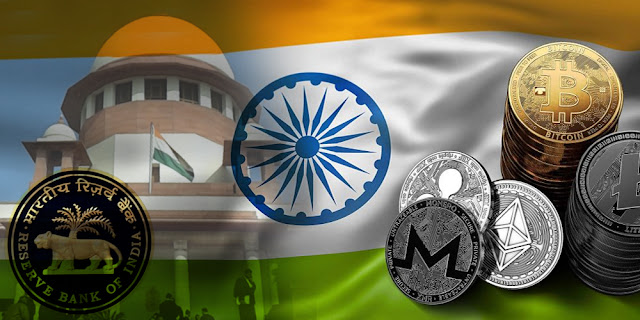The Regulatory Scenario in the Cryptocurrency Space
The debate has been going on for long about cryptocurrency being legalized by countries. Cryptocurrency evangelists have been of the opinion that cryptocurrency can solve numerous problems in the traditional financial industry. According to them, cryptocurrency can lead to an efficient payment system, especially for cross border transfers. Cryptocurrency can enable quick transfers saving the time, eliminate middlemen lowering the costs, and help maintain a trusted database of transactions on the blockchain network.
On the other hand, several financial regulators of different countries are of the opinion that cryptocurrency can lead to financial instability as the digital coins are volatile in nature. Moreover, due to the decentralized nature of the transactions, it will be difficult to keep a check on all the financial activities to prevent any terrorism funding activity.
Cryptocurrency, not involving a centralized governing authority and regulatory body, make transactions anonymous and riskier. Even cyber attacks and hacks can lead to huge losses to users. More than half of the panel of a recent discussion admitted that ICOs is more of a risk than an opportunity for investors. The report, FinTech in 2018: The Fads, The Fears, and the Future from FleishmanHillard, included opinion from financial experts on the impact of cryptocurrency. The panel was of the opinion that regulators need to get involved before things get out of control.
We have seen several countries stepping forward with either positive or negative regulatory acts and decisions. India had banned crypto initially and later appointed a team to evaluate the impact of crypto on the economy. China has banned ICOs, and Vietnam too has banned any activity related to cryptocurrency. South Korea plans to restrict crypto trading through virtual accounts but allows trading through authenticated bank accounts. They intend to bring crypto activities under the regulator's vision by integrating it with the traditional financial system.
The US Commodity Futures Trading Commission (CFTC) has classified crypto as a commodity and is subject to taxes for profits on the digital currency. Russia is working towards allowing crypto trading on selective platforms while Switzerland, Sweden, Estonia, Denmark allow crypto trading. Venezuela plans to overcome hyperinflation through its oil backed national cryptocurrency.
The major concern for financial regulators not only includes the interaction between traditional currency and cryptocurrency but also the diversion of investors from traditional investments to cryptocurrencies. Moreover, crypto being riskier it is important for the regulators to introduce regulations to protect the interest of the investors. Blockchain enthusiasts from Fintech and other financial institutions are trying to bridge the technological gap in the traditional finance system through integration of blockchain.




Comments
Post a Comment